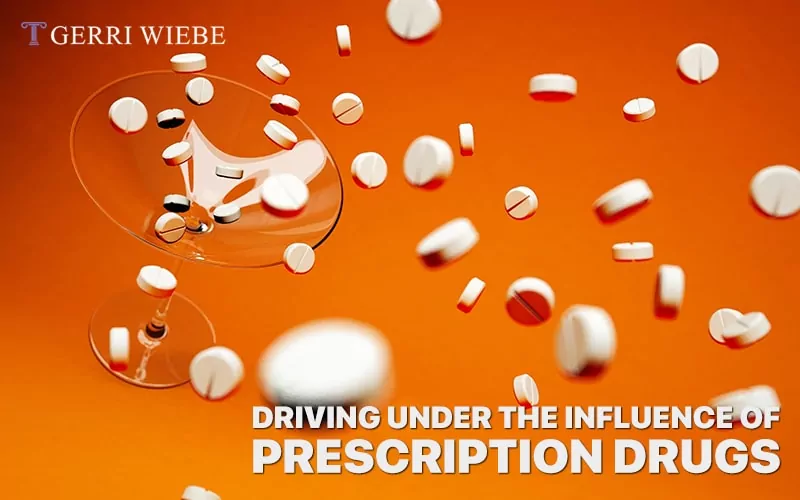People who would never dream of driving drunk can occasionally be careless about drugged driving that stems essentially from prescription drugs. We’re not talking about illicit drugs. There are many legal substances inclusive of over-the-counter medications which can make you unfit for driving. And if a law-enforcing officer catches you driving while impaired by one of these drugs, you will get a DUI.
Here’s the section of the Criminal Code that applies to this offence:
|
Every one commits an offense who drives a motor vehicle … or has the control or care of a motor vehicle … while the individual’s ability to drive the vehicle, aircraft, vessel, or railway equipment is compromised by alcohol or a drug (illicit or prescribed).” |
It is important to note that the word is “drug.” The Code
doesn’t issue a distinction between heroin, marijuana, and NyQuil.
Some prescription medications that can easily result in an impaired driving arrest:
Opioids
Research reveals that the use of opioids can adversely
influence driving performance, with the degree of impairment based on the specific
opioid used, dosage, previous use, and individual tolerance, time of day
consumed.
Opiates include morphine and codeine.
Antidepressants
Presently, there is trivial evidence to associate SSRIs or dual action agents with compromised driving performance. Though limited, research specifies that the use of tricycle antidepressants is related to impairments in driving performance. This is evident by elevated crash rates and advocated by several driving offense lawyers as well as measures of on-road performance and laboratory tests of cognitive and psychomotor functioning.
Antiepileptics
Generally, individuals with epilepsy are predisposed to adverse
driving outcomes, which may result from either episodic impairment (seizures)
or persistent impairments from the treatment.
Antihistamines
Research reveals that the use of older antihistamines may compromise
driving performance. However, newer antihistamines consumed in therapeutic
doses do not appear to escalate the risk of impaired driving outcomes.
Hypnotics and Sedatives
Drug offence lawyers state that the use of sedatives and hypnotics is associated with a significant risk for impaired driving outcomes.
Risks While Driving Impaired By A Drug
One of the potential dangers
of this form of driver impairment is that very few individuals are even aware
of the phenomenon. Many patients are entirely unaware of the dangers that their
prescription drugs can pose to driving safety, and doctors are frequently
reluctant to discuss these types of issues.
Another aspect that makes
driving while medicated so dangerous is that driving impairment can differ from
individual to individual. One individual may encounter that their ability to
drive safely is absolutely unaffected by even great doses of maintenance drugs,
while someone else may feel awfully impaired after just a single dose.
It should be noted that medication does not have to be prescription-based to inflict damage. Many over-the-counter medications, inclusive of cold remedies that contain sedatives like alcohol or cough remedies, can inflict poor driving ability and judgment.
Have
You Been Charged with Drug-Impaired Driving?
Have you been accused of driving under the influence of drugs or alcohol? Contact Gerri Wiebe criminal defense lawyer Winnipeg for a free 30-min confidential consultation.
